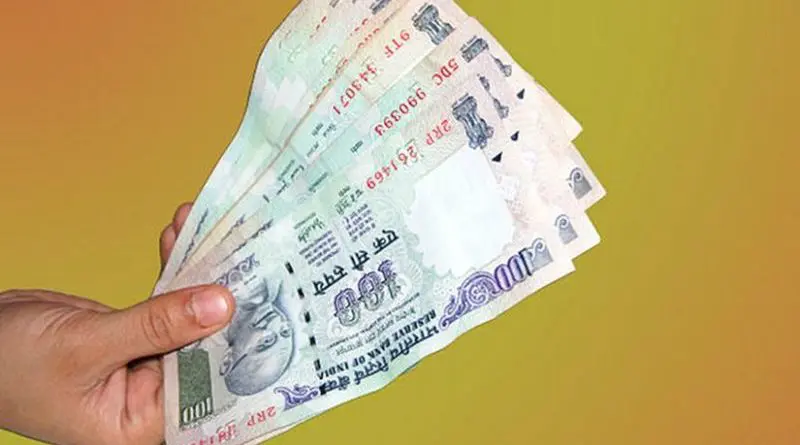Myth That 1% Of Indians Have 73% Of National Wealth – OpEd
In a study report released by rights group Oxfam ahead of the World Economic Forum (WEF) annual meeting in Davos, Oxfam has said that India’s richest 1 percent now hold a huge 73 per cent of the country’s wealth generation.
This controversial study of Oxfam has generated noisy debate in India, with the opposition political parties and the pledged critics of Modi government quoting the Oxfam report to allege that Modi government is benefiting the rich people in India and inequality of income in the country has widened very sharply. The critics have not examined the Oxfam report more carefully and did not attempt to arrive at appropriate interpretation of the observation of Oxfam.
The media has also jumped into the bandwagon and now the critics of Modi government have been re energized and are having a field day, having found a new tool to criticize the Modi government.
In the report of Oxfam , it has been said that India is one of the ten emerging economies in the world and it is in advancing trend. Critics have conveniently ignored this. International Monetary Fund has predicted the GDP growth in India in 2017 to be 6.7% and it would become better at 7.4% in 2018. IMF has further said that India’s GDP growth in 2018 would be better than that of China. Critics of Modi government are not interested in this projection of IMF.
Now, the question is whether 1% of the population in India really hold 73 % of the country’s wealth generated.
People who are not well versed with the economic terminologies, which constitute large percentage of Indians, seem to think that the richest 1% Indians really hold 73% of country’s wealth. The confusion of these innocent Indians has to be cleared urgently. They should not be under the impression that richest 1% of the Indians hold 73% of gold reserves in India, or 73% of land in India or 73% of houses in India or 73% of factories in India etc.
If one were to carefully assess the physical assets of these rich persons, it can be seen that their physical assets such as land, buildings, goldm etc., may not measure even up to 20% of the wealth that is supposed to be held by them, as per Oxfam report.
The fact is that these rich people are mostly investors and equity holders in industrial and commercial establishments, holding shares. If they have purchased a share at Rs.1 and due to the excellent performance of the enterprise, if the value of Rs.1 share shoots up to Rs. 1000 per share, then person become rich by thousand times. Then, if the share having a market value of Rs. 1000 plunge to Rs. 100/- at any time due to the poor performance of the enterprise, then the owner of the share of Rs. 1000 would be reduced to owner of share of Rs. 100, a downward slide of ten times. This may happen in quick time.
Obviously, in the share market, rich can become poor and poor can become rich over night.
These are the rich people who are termed as “rich 1% holding 73% of the Indian wealth”. Therefore, it should be clear to everyone, if not to the pledged critics of Modi government, that the rich possessing large number of high value shares and bonds cannot be considered as holding large share of national wealth.. The statement is a myth and obviously made to mislead the innocent people.
The fact is that the economic reform measures in India that was initiated by Prime Minister Narasimha Rao in early 90s resulted in encouragement to the enterprising individuals and companies to invest in new ventures, which has inevitably led to the growth of the economy. In the process, the investors also have become rich legitimately. Of course, some have also become poor, when the enterprises in which they hold shares did not yield profits.
Many of the rich people in India today including the Ambani group started on a very low scale, when the founder Dhirubai Ambani was an ordinary Indian acting as salesman to sell textiles. By his initiatives, he has grown enormously . Several other similar instances can be shown like that of Mr. Narayanamurthy and his friends of Infosys.
Oxfam has released a report which appears to be more sensational than rational by giving a title that would attract instant attention ,though it lacks merits.

